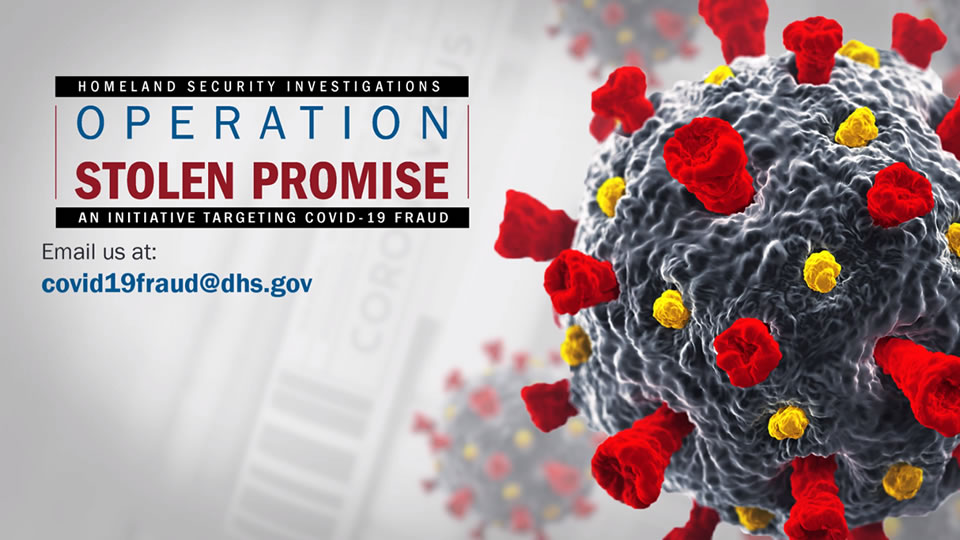SEATTLE – A Seattle doctor was taken into custody today on allegations that he fraudulently sought over $3 million in Paycheck Protection Program (PPP) loans.
Dr. Eric R. Shibley, 41, of Seattle, Washington, was charged by criminal complaint, unsealed today upon his arrest, in the Western District of Washington with one count of wire fraud and one count of bank fraud. He is expected to make his initial appearance before U.S. Magistrate Judge Michelle L. Peterson at 2 p.m. PDT today.
The complaint alleges that Shibley submitted several fraudulent PPP loan applications to federally insured financial institutions, other U.S. Small Business Administration (SBA)-approved lenders, and the SBA in the names of businesses with no actual operations or by misrepresenting the business’s eligibility. In the applications, Shibley allegedly misrepresented the number of employees and payroll expenses in several applications and concealed his own criminal history. To support the fraudulent applications, the complaint alleges that Shibley submitted fake tax documents and the names of purported employees who did not, in fact, work for the businesses for which Shibley claimed they worked. The complaint alleges that Shibley fraudulently sought over $3 million in PPP loans.
The CARES Act is a federal law enacted March 29. It is designed to provide emergency financial assistance to millions of Americans who are suffering the economic effects resulting from the COVID-19 pandemic. One source of relief provided by the CARES Act is the authorization of up to $349 billion in forgivable loans to small businesses for job retention and certain other expenses through the PPP. In April 2020, Congress authorized over $300 billion in additional PPP funding.
The PPP allows qualifying small businesses and other organizations to receive loans with a maturity of two years and an interest rate of one percent. Businesses must use PPP loan proceeds for payroll costs, interest on mortgages, rent and utilities. The PPP allows the interest and principal to be forgiven if businesses spend the proceeds on these expenses within a set time period and use at least a certain percentage of the loan toward payroll expenses.
A criminal complaint is merely an allegation and all defendants are presumed innocent until proven guilty beyond a reasonable doubt in a court of law.
This case was investigated by Homeland Security Investigations (HSI), U.S. SBA’s Office of Inspector General (OIG), the FBI, the Federal Deposit Insurance Corporation OIG, the U.S. Treasury Inspector General for Tax Administration, IRS-Criminal Investigation, and the Department of Health and Human Services OIG. Trial attorneys Laura Connelly and Amanda R. Vaughn of the Criminal Division’s Fraud Section and Assistant U.S. Attorney Brian Werner of the Western District of Washington are prosecuting the case.
In April, HSI launched Operation Stolen Promise to prevent and investigate illegal criminal activity surrounding the pandemic, strengthen global supply-chain security and protect the American public. Operation Stolen Promise combines HSI’s expertise in global trade, financial fraud, international operations and cyber-crime to investigate financial fraud schemes, the importation of prohibited pharmaceuticals and medical supplies, websites defrauding consumers, and any other illicit criminal activities associated with the virus that compromises legitimate trade or financial systems or endangers the public.
Individuals across the world can report suspicious criminal activity to the HSI Tip Line 24 hours a day, seven days a week. Highly trained specialists take reports from both the public and law enforcement agencies on more than 400 laws enforced by HSI. Contact the toll-free tip line at 1-866-347-2423. Tips about the fraudulent, unapproved or prohibited COVID-19 test kits can also be emailed to iprcenter@ice.dhs.gov.
Learn more about the HSI mission



